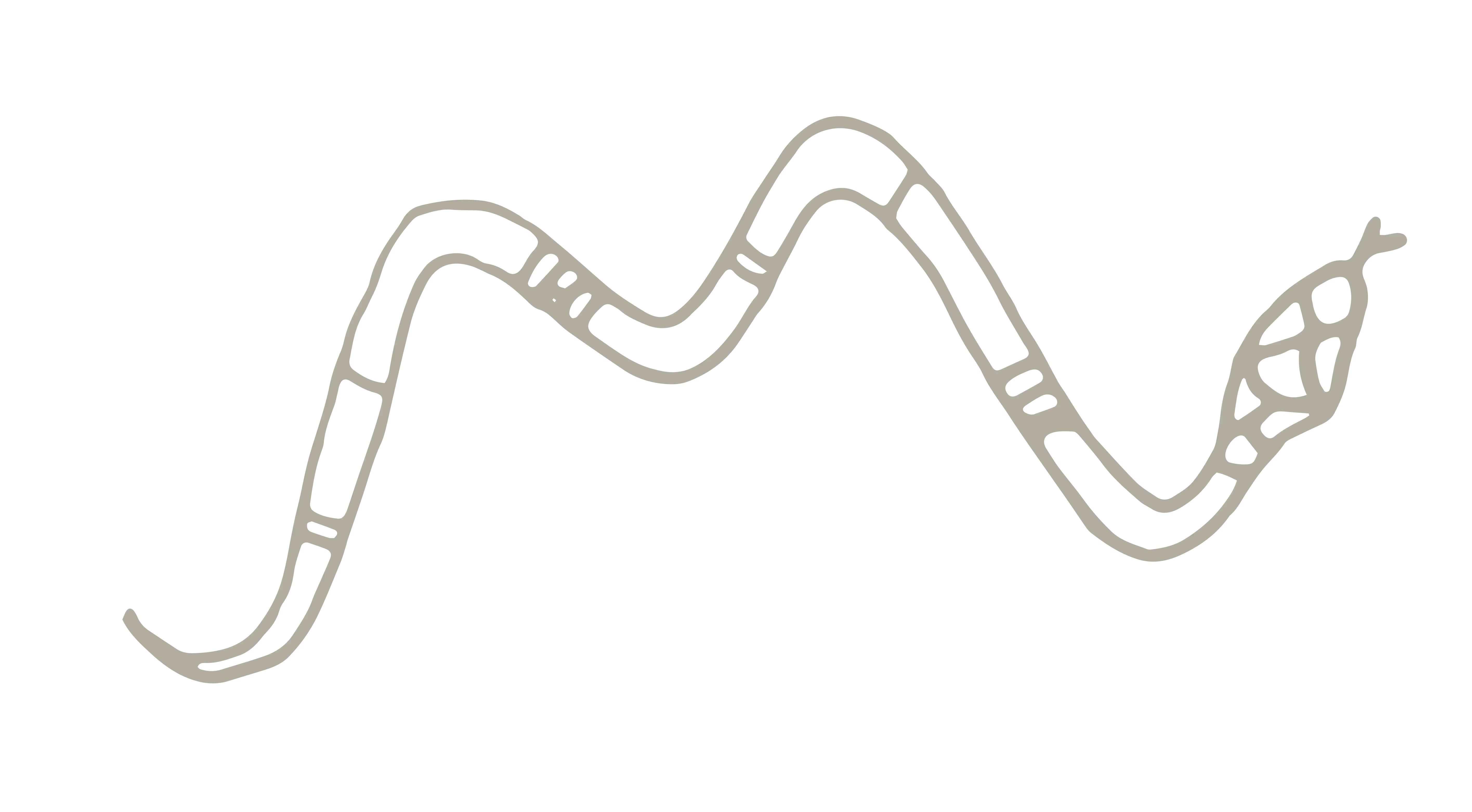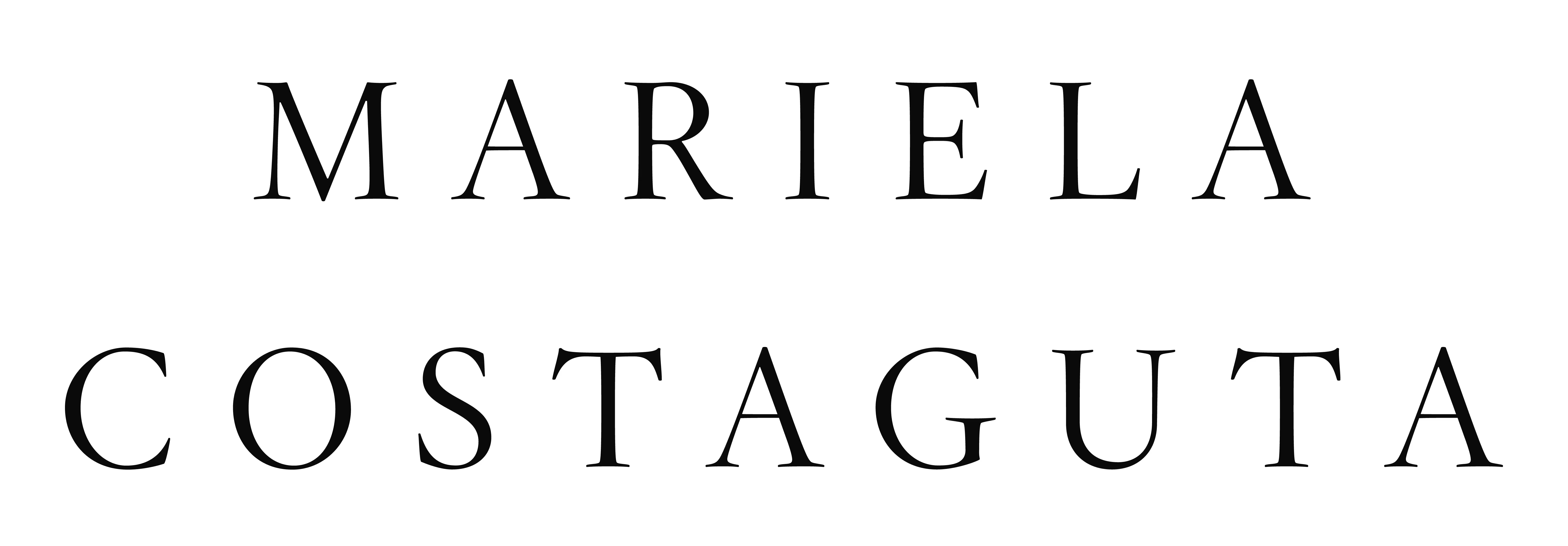Chronic pain | Stress and anxiety | Hormonal imbalances
Acupuncture is recognized by the National Institutes of Health (NIH) and the World Health Organization (WHO) as an effective technique for treating various physical and emotional conditions. Some of the most common reasons people seek acupuncture include: Muscle and joint pain, arthritis, sciatica, lower back pain, sports injuries, and bruxism Migraines, headaches, insomnia, and chronic fatigue Stress, anxiety, depression, emotional shock, grief Respiratory symptoms such as allergies, asthma, colds, flu, cough, or sore throat Skin conditions like acne, dermatitis, psoriasis, hives, eczema, rosacea, shingles Digestive problems: nausea, reflux, bloating, irritable bowel syndrome, gastritis, constipation, or diarrhea Urinary, hormonal, and sexual disorders (premenstrual syndrome, menopause, low libido) cystitis. Support for quitting smoking, non-specific chronic pain, immune system strengthening Neurological disorders: trigeminal neuralgia, vertigo, dizziness, facial paralysis Each treatment is personalized according to your diagnosis, supporting the physical, mental, and emotional process.



.avif)